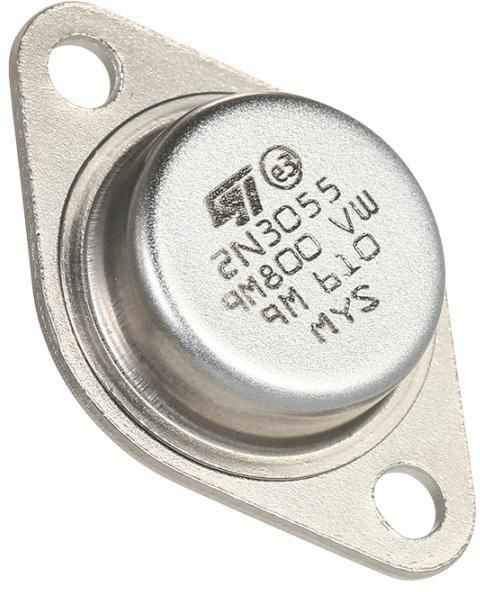

The transistor’s completer power should not go above 500mW.The key characteristics of 2N2222A are discussed below. The applications of this circuit mainly include lamps, locks, doors & safety boxes. Once the touchpoints in the circuit are touched, then a small number of current supplies throughout the circuit to activate the LED. A variable resistor with a 200KΩ value is used to regulate the circuit sensitivity. If you use a relay in the circuit in place of LED & resistor after that the same value of relay you have to use like the i/p voltage. If we use 6V then a 330Ω resistor must be used whereas for 9V or 12V, we have to use 390Ω/470Ω resistor correspondingly. The operating of this circuit can be done with 6V or 9V or 12Volts. So due to this high gain, this simple circuit is very responsive to the very small current that activates the LED. The first transistor in the circuit amplifies the gain & after that, it multiplies with the second transistor. This circuit can be built with two transistors like a Darlington pair, so it is very responsive. The required components of this circuit include input DC supply-6v, 2N222 transistors-2, resistors-330Ω, 200KRΩ & LED-1. This simple circuit is very helpful to turn on a relay in place of LED & resistor to connect any appliance or load to operate through it. The touch switch circuit using the 2N2222A transistor circuit is shown below.

These three configurations are very helpful for amplifying voltage, current & power very easily in different applications based on the requirement. The configuration modes of the 2N2222 NPN transistor include common emitter (CE), common collector (CC) & common base (CB). The voltage from the collector terminal to the base is 75V once the emitter terminal is open.The voltage from the emitter to the base terminal is 6V once the collector terminal is open.The voltage from collector terminal to emitter is 50V once the base terminal is open.The features & specifications of the 2N2222 NPN transistor include the following. Pin3 (Emitter): The emitter pin is the third pin of the transistor & it is used to drain out the complete current of the transistor.The main function of this pin is to control the current from emitter to base. Pin2 (Base): The base pin is a control pin & it is a second pin of the transistor.The main function of this pin is to provide transistor current toward the o/p load. Pin1 (Collector): This is the first pin of the transistor & it is an o/p pin.This transistor includes three pins & its each pin functionality is discussed below.

The pin configuration of the 2N2222A transistor is shown below.


 0 kommentar(er)
0 kommentar(er)
